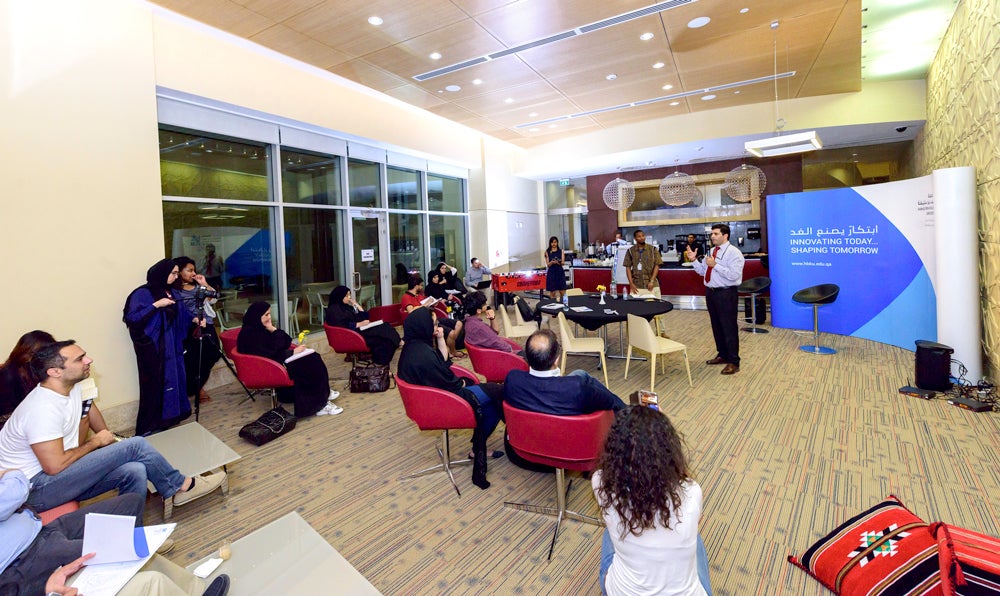
Over the years, diabetes has proved to be one of the world’s biggest killers; the chronic disease has spread across the globe at an alarming rate and has become one of most challenging health problems of the 21st Century. The International Diabetes Federation (IDF) has estimated that 387 million people worldwide have diabetes, with numbers expected to rise to 592 million by 2035.
The IDF currently recognizes Qatar as being towards the top of the table of people with diabetes when compared with the other 18 countries for which records are kept across the Middle East and North African region. This unwelcome status has raised concerns about the impact of diabetes on the health and wellbeing of Qatar’s inhabitants in the long run.
The March gathering of Hamad Bin Khalifa University’s Science Majlis, an informal monthly discussion event that the university opens up to the general public, explored the life-threatening illness during a session titled, ‘Can Qatar escape the grip of a global epidemic?’. The discussion was led by Dr. Abdelilah Arredouani, Scientist at Qatar Biomedical Research Institute (QBRI) and explored the detrimental prevalence of diagnosed and undiagnosed type 1 and type 2 diabetes, pre-diabetes and the health risks associated with both. The interactive session focused in particular on the rise in type 2 diabetes, which accounts for nearly 95% of the diabetic population.

“Multiple factors contribute to the health danger of diabetes, including, genetic susceptibility, liver disease and obesity. No factor alone is sufficient enough to causing it, however, being obese or overweight dramatically increases the likelihood of an individual falling victim to it,” commented Dr. Abdelilah Arredouani.
"Normally, we see type 2 diabetes prevalent in adults who are above the age of 35. But now with the rapid rise in obesity, we have started seeing cases in teenagers.”
Dr. Arredouani highlighted that nearly 30 percent of individuals that were screened for diabetes during a nationwide campaign have proved to be pre-diabetic — the phase in the development of the disease where an individual’s blood-sugar level is high enough to warrant concern, but not at the same level of someone with full-blown diabetes. He stressed that from the age of 40, individuals need to start being screened on an annual basis, as the situation can be reversed if caught at the pre-diabetic stage.
The discussion also educated attendees on various precautionary measures that are critical to preventing the development of the disease, including the maintenance of a well-balanced diet, weight management and a sedentary lifestyle.
In keeping with its role as a national health research institute, HBKU’s QBRI is actively pursuing research into diabetes, aiming to clarify our understanding of both the social and molecular causes of diabetes, and lead the way in the development of novel treatments and therapies for the globally increasing problem.





